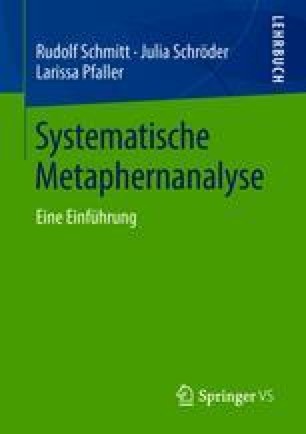
Though there is no physical battle, there is verbal battle, and the structure of an argument-attack, defense, counterattack, etc-reflects this.Many things we do in arguing are partially structured by the concept of war.For example, take the metaphor “Argument is War”.The way we think, what we experience, and what we do every day is very much a matter of metaphor.


Metaphor is pervasive in everyday life, not just in language but in thought and action.In this updated edition of Lakoff and Johnson's influential book, the authors supply an afterword surveying how their theory of metaphor has developed within the cognitive sciences to become central to the contemporary understanding of how we think and how we express our thoughts in language.

Because such metaphors structure our most basic understandings of our experience, they are "metaphors we live by"-metaphors that can shape our perceptions and actions without our ever noticing them. Metaphor, the authors explain, is a fundamental mechanism of mind, one that allows us to use what we know about our physical and social experience to provide understanding of countless other subjects. The now-classic "Metaphors We Live By" changed our understanding of metaphor and its role in language and the mind.

Metaphor, the authors explain, is a fundamental mechanism of mind, one that allows us to use what we know about our physical and socia.


 0 kommentar(er)
0 kommentar(er)
